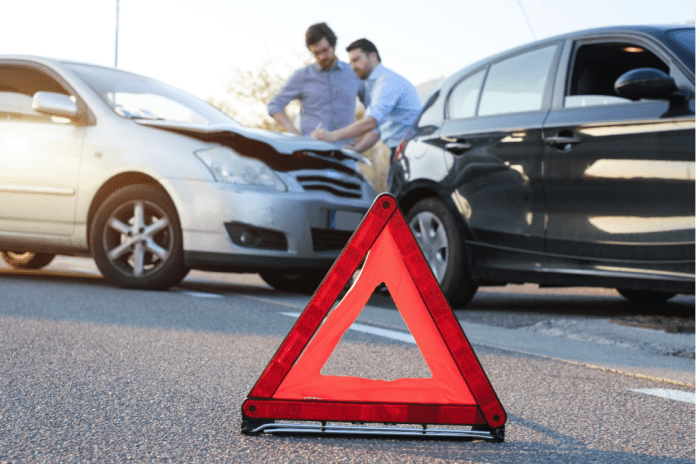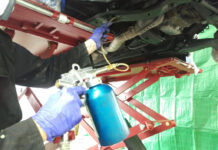If you’ve been involved in a car accident, one of your priorities (after getting necessary emergency services) is going to be collecting evidence. According to TheNYELawGroup.com, it’s challenging to file a car accident claim, partly because it’s hard to manage and provide evidence that proves what happened—and partly because the other driver or their insurance company will be incentivized to dispute your claims.
Collecting evidence is tough, especially because you’ll be reeling from the psychological effects of the collision. This guide will help you collect it efficiently and thoroughly.
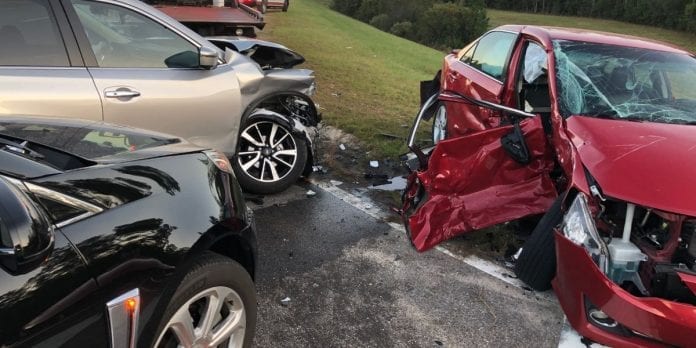
How to Collect Evidence
Use these tips to collect more evidence and preserve it for your future case:
- Prioritize your safety. First and foremost, you have to prioritize your safety (and the safety of the people around you). Don’t collect evidence if it means jeopardizing your health or interrupting traffic. If you can, pull your car to the side of the road. If you, your passenger, or the other driver is injured, call emergency services and tend to their care first. Only then should you think about collecting evidence.
- Take photos and videos. Visual evidence is one of your most valuable assets, so make sure to get a lot of it. If you have a dashcam, make sure you’ve captured and protected the video file leading up to the collision. If you don’t, use your phone or mobile device to take pictures and videos of your car and the surrounding area. You may also want to take photos of the other person’s license and insurance information, in addition to writing down their information.
- Check out the surroundings. Most people get tunnel vision and only take photos of the damage to their car (and potentially, other cars involved in the accident). However, it’s also important to take photos of the surroundings, even if they don’t seem relevant right now. For example, take photos of any points of damage to things like roadside barriers, light poles, and signs. Take photos of skid marks and debris on the side of the road. These types of evidence can be valuable in proving what happened.
- Back up your visual evidence. There are a few different ways to back up your photos and videos, but make sure you use at least one of them to protect what you’ve gathered. You can, for example, upload all your files to a cloud storage service, or back them up on an external hard drive. The sooner you do this, the better; you don’t want to lose these before you need them.
- Look for eyewitnesses. Check your surroundings for eyewitnesses as soon as possible. If the accident was on a busy road, some people might pull over to provide their assistance. Capture their names and addresses if possible, and get a voice recording of their version of events. If there’s a dispute between what you say and what the other driver says, an eyewitness can clear things up. Learn more about dispute resolution at https://www.adrtimes.com.
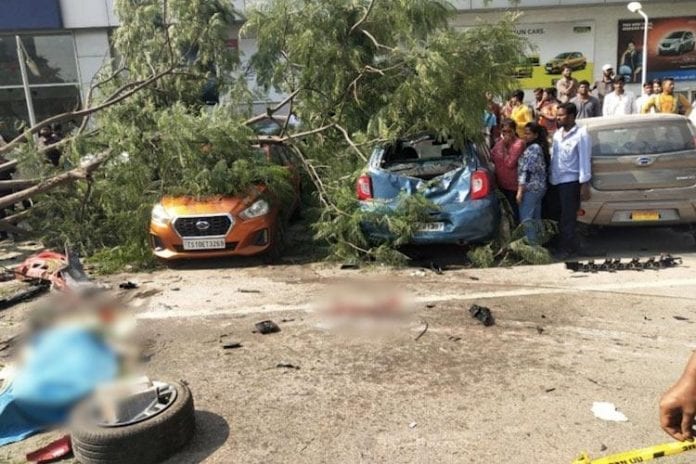
- File a police report (and check it thoroughly). It’s always a good idea to file a police report after a car collision, even if you both seem to be in agreement on why the accident occurred. This will serve as official documentation for the accident and can clarify things quite early in the process. Call the police, answer the officer’s questions to the best of your ability, and review the police report thoroughly before you sign it. This may be your only chance to correct a mistake.
- Try to find security footage. Depending on where the accident occurred, you might be able to track down some security footage that captured the events leading to the accident. Talk to business owners in the area, and see if you can find any with security cameras that record footage. Even if you have a dashcam, these cameras can serve as alternate angles.
- Talk to a lawyer. Your lawyer may have more recommendations for what types of evidence to gather, or how to gather evidence. Only by talking to them will you be able to get complete legal advice for what to do next. Initial consultations are usually free, so there’s no downside.
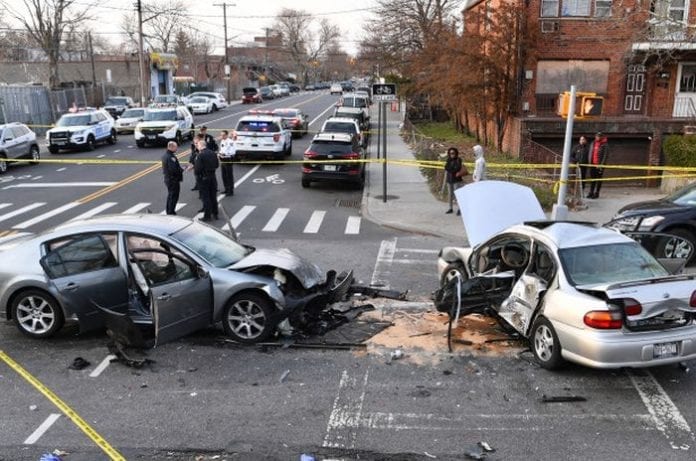
Remaining Calm
It can be tough to remain calm in an adrenaline-surging situation like a car collision. Still, it’s essential if you want to take care of yourself and handle the situation in a relaxed, logical manner. Take deep breaths, think about your surroundings, and take your time collecting evidence and verifying claims. The more thorough you are in these early stages in the aftermath of a collision, the easier things will be down the road.
